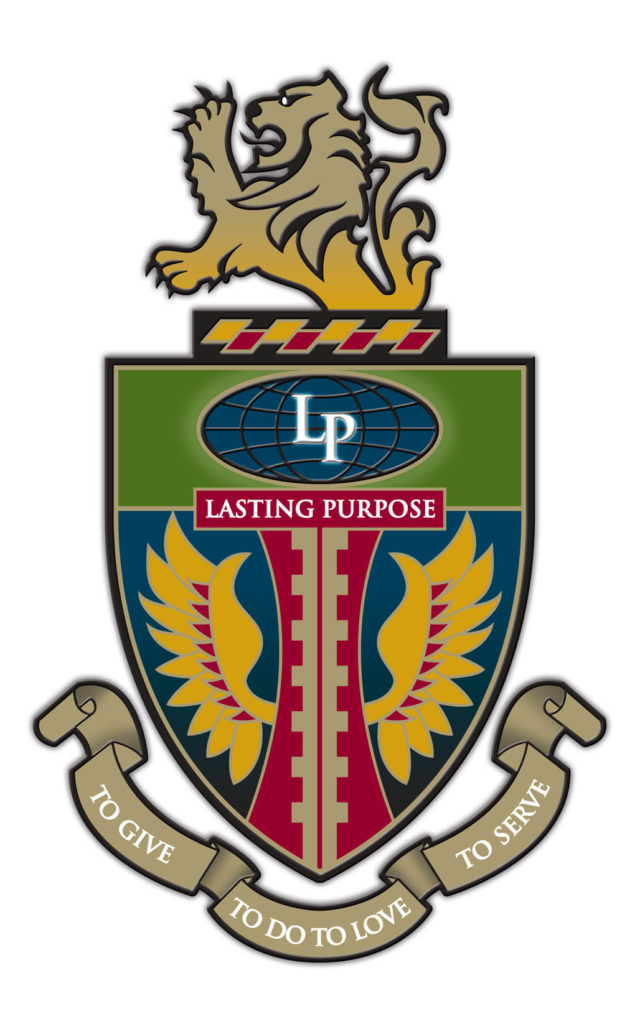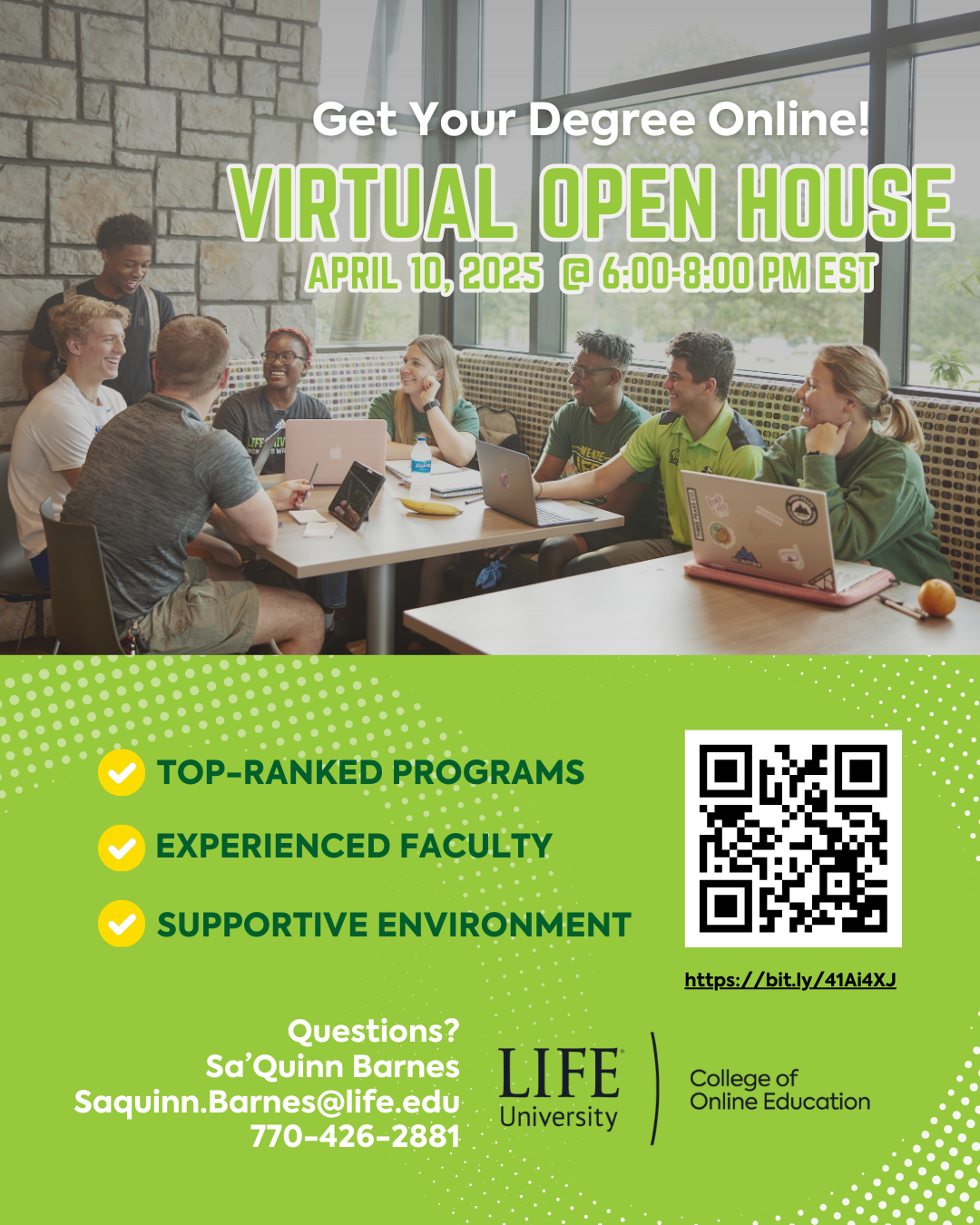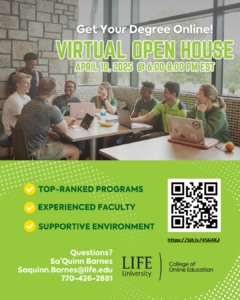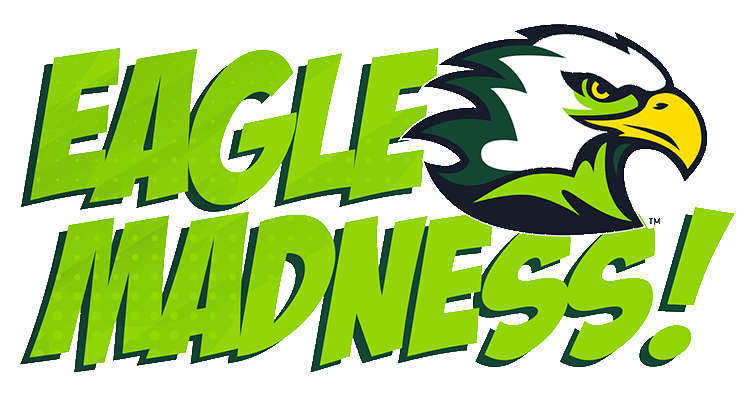CETL Research, Scholarly Support (formerly OSRSA)
Welcome to the CETL Research Landing Page
Life University is dedicated to creating an environment and providing services that support research, scholarship and innovation across all departments, disciplines and program offerings at the institution. These activities are centrally coordinated through the Center for Engaged Teaching and Learning (CETL), an administrative unit reporting to the institution’s Chief Academic Officer.
The CETL administers programs, compiles data, and provides pre- and post-award support to faculty, students and staff to advance the university’s research agenda as well as departmental priorities and individual plans for growth. Major programs managed by the CETL include:
FUNDED PROJECTS
This signature effort provides internal grant awards to support small-scale faculty-, staff- and student-led research and scholarly projects. It might be funding to test and evaluate neuro-based techniques in concussive research, complete an extended literature review on cultural competency and chiropractic education, or support collaboration between a team of investigators in nutrition and biopsychology to explore how mindfulness might influence healthy eating habits. CETL issues a call for applications each quarter, which are due by 5:00. p.m. on Monday, Week 3. Funded Projects applications are peer-reviewed by the Research Advisory Council. Click here to access the rubric by which all Funded Projects applications are judged. Final award decisions are made by the Chief Academic Officer in consultation with the Director and applicants are notified of the outcome Week 8.
For sample applications, please access the following links: CGUS Sample, COC Sample 1, and COC Sample 2.
To apply for a funded project, please complete the following steps:
Step 1: Complete the Project Overview.
Step 2: Complete the Funded Projects Application (Please note: you will attach the project overview to the application, so you must complete it before beginning the Funded Projects Application).
Step 3: Once your project is accepted, please access the following two videos to learn more about the reimbursement process for your materials: Part One and Part Two.
RISE SCHOLARSHIPS
Life University recognizes that students must be introduced to and supported to engage in research and related activities early and throughout their matriculation at the university. This activity is critical to producing the next generation of researchers and thought leaders. Toward that end, the Research, Innovation, Service and Education — RISE — Scholarships provide opportunities for full-time equivalent students to compete for scholarship funding while working under the mentorship of a Life University faculty or staff advisor on research or other evidence-based education, service, entrepreneurial or creative project. Scholarship slots are equally divided between the College of Chiropractic and the College of Graduate and Undergraduate Studies. Pending satisfactory progress, scholarships are renewable each quarter and recipients have the funds — $2250 — applied toward their tuition. RISE scholarship applications are due by 5:00 p.m. on Monday, Week 7. Click these links to download Eligibility Guideline, Applications and Rubrics for new and renewing applicants.
Before applying, please fill out this project overview for new RISE applicants. For renewing applications for students, please fill out the project overview for renewal. Once completed, please follow the instructions for the appropriate application below and attach the completed overview accordingly.
- RISE Guidelines and Eligibility
- RISE New Application Form
- RISE Renewal Application Form (Advisor)
- RISE Renewal Application Form (Student)
- Rubric for New Proposals
- Rubric for Renewed Proposals
STUDENT TRAVEL
To be eligible for a CETL Student Travel Award, students must be accepted to make a presentation of a poster, paper, workshop, or creative work at a conference, symposium, or other gathering recognized by a professional association conducting work in or related to the field of study. Students pursuing travel award funding must work with a Life University faculty or staff member who will agree to serve as a mentor, which includes providing guidance and feedback to the student (or team of students) during the ideation, planning and preparation process. Travel awards cover up to 80% of registration, travel, lodging and per diem costs up to $1,600 per year, regardless of the number of events attended. Applications are reviewed by the Research Advisory Council and are due on a rolling basis, 45 days prior to travel.
RESEARCH, SCHOLARLY, CREATIVE WORKS AWARDS
This annual program advances LIFE’s ongoing commitment to developing, acknowledging and rewarding excellence in the broad range of research and scholarship being carried out on campus and in collaboration with other investigators locally, nationally and in other countries. Administered by the Center for Engaged Teaching and Learning (CETL), the Research, Scholarly, Creative Works program is open to faculty and staff at all ranks and from all departments and programs. Calls for applications are made annually, and projects being considered must have been published or presented no more than one year prior to submitting the application. Applications are peer-reviewed by the RSCW Awards Committee and ranked as exceptional, exemplary, or commendable based on degree of quality, degree of effort, timeliness of effort and importance to the mission of Life University. Awards can range from $500 to $2,500.
- Research, Scholarly, Creative Works Guidelines & Rubric
- Research, Scholarly, Creative Works Application
PROFESSIONAL DEVELOPMENT GRANTS
Through CETL Professional Development Grants (formerly known as CETL Travel Grants), LIFE University provides up to 100% funding for faculty and staff to engage in:
- scholarly activities (presentations) relevant to LIFE University’s mission
- professional development opportunities (attending conferences) that advance instructional goals and impact student learning.
For more information, please visit the eCenter in CETL.
The CETL is located in the Learning Resource Center. Please feel free to stop by, schedule an appointment, or send an email to CETL@LIFE.edu. We look forward to hearing from you.
RESEARCH TRACK
The future of the profession rests with every new generation of chiropractors. In an ongoing contribution to the growth and development of the next generation of chiropractic researchers and practitioner-scientists, the College of Chiropractic is committed to supporting those students who have a desire to nurture their knowledge and skill in this very vital area of professional growth.
Within the graduation requirements for the Doctor of Chiropractic degree, there is an opportunity for self-motivated and self-directed students who are interested in completing a research project while completing their DC degree. This is done by completing “Research Track” academic requirements (also known as RT or “the Track”).
RT students are exempted from a few classes and are allowed to complete others through independent study (see more details below.) They actively participate in research and are occasionally called on the participate in research-related activities on behalf of the University. To graduate from the Track, they complete a chapter-based thesis, which follows the typical format of a manuscript intended for a peer-reviewed journal. They graduate with acknowledgement of their work noted on transcripts and during the graduation ceremony.
Positions in the RT are highly competitive. For a limited number of these positions, there are tuition scholarships available. Note that admission into the Research Track does not guarantee a tuition scholarship, as these are granted based on funding availability at the time. Involvement in the Research Track is intended to include multiple phases of a project, including:
- Further development of study design and literature search (note that a certain amount of design and search is necessary to produce a competitive application to the Track).
- Data collection and analysis: the actual conduct of research and the “number-crunching” that follows
- Manuscript preparation, submission to a conference or journal, and the peer-review process
- Conference presentation (note that conference travel costs may be partially funded by the university but require a separate application process)
- Journal publication
- Students can develop their own research studies or work on a new or existing study with a Life University faculty or staff member, or even a field doctor.
For additional information, you may contact one of the current Research Track advisors, Dr. Brent Russell (BRussell@LIFE.edu) or Dr. Christie Kwon (Christie.Kwon@LIFE.edu).
Programs
Life University offers an array of opportunities for students to become engaged in the research process. From developing your own research project to simply being engaged on an ambient level, there is an opportunity that can fit your time and interest level.
INSTITUTIONAL REVIEW BOARD
The Life University Institutional Review Board (IRB) has the responsibility to oversee and review all research studies in which humans will be involved. For IRB documentation and procedures, please enroll in our Blackboard site: Institutional Review Board. For specific questions or for additional information, please contact our IRB Chairperson Dr. Brent Russell at IRB@LIFE.edu.
RESEARCH ADVISORY COUNCIL
Life University’s Center for Engaged Teaching & Learning receives support and advisement from a nine-member, cross-campus committee that serves to develop and support research policy, review and recommend research scholarships and provide oversight for the Funded Projects budget, which serves to support new and existing research initiatives with base-level research grants.



